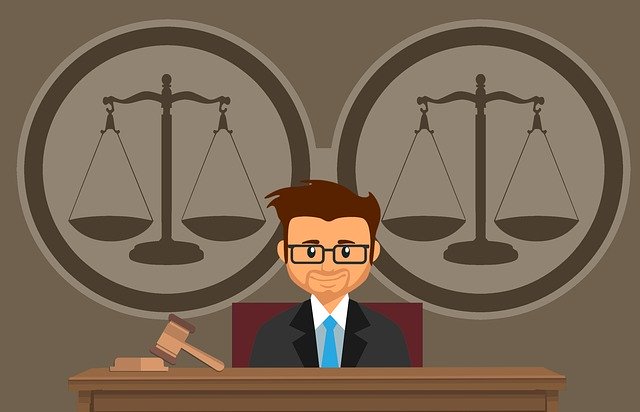Don’t you often wish that one thing – just one teeny tiny thing – in litigation was fast and easy? Writing that complaint? Not fast and certainly not easy. Answering it? Nope. Hearings? Well, thanks to the speedy-hearing-behind-closed-doors method of litigation, that’s often fast but not easy. Written discovery? Uh uh. Trial preparation? Nope. Suffice it to say, nothing in litigation is fast and easy. In fact, when you’re representing yourself, fast and easy is a fantasy. So, when in the thick of a case, you’re sitting at a table being deposed by (1) two youngish “good cop” lawyers wearing suits and benevolent smiles, and (2) a crusty old geezer attorney wearing a buzz cut, torn jeans, a shirt he picked up from a pile of discarded donations, and a scowl, you know things certainly won’t be fast or easy. So prepare for trial.
Continue to Prepare for Trial
Everything you’ve done so far is necessarily forward thinking. You’ve collected evidence for trial and preserved issues for appeal, just in case. Court reporters you’ve hired for every hearing can provide a transcript within a few days if you need it. You’ve attended multiple hearings and collected and responded to discovery. You’ve objected at strategic times and challenged questionable decisions verbally and in writing. So when youngish “good cops” and crusty old geezer talk about mediation, prepare for trial.
From there, things won’t be any more quick or easy than they were before. It’s a game, but you’re still in charge of your case, and your goal of preparing for both trial and appeal should remain. If you have discovery left to do, complete it at your own pace. If crusty old geezer makes feeble attempts to throw you off with the words “summary judgment” or something akin to “the judge doesn’t like you”, keep going. Don’t be taken off your game. Prepare for trial with even more vigor. Even if you have sufficient information to evaluate a settlement offer, take the next step to prepare for trial, and the next, and the next.
Things to Consider Prior to Trial
Put together a trial notebook if you haven’t begun one yet. Make a checklist of things that need to be included in your notebook. For instance, you’ll need things like the names of witnesses, expert witnesses and what they’re expected to say, a list of elements you need to prove your case or defense, the facts and evidence you have to prove the elements, and even the information you want to bar from being presented at trial. If there are gaps in your evidence or facts, hunt down the information, document or persons who can fill in those gaps. Think about the pretrial motions and briefs you will need, such as the motion in Limine.
Also, what will your opening statement contain and not contain? How will you prepare your witnesses for trial? What motions might you consider after the trial and why? Of course, an appeal and preservation of error, should also be uppermost in your mind as a trial looms. At that time, settlement discussions may still be going on. Your job is to prepare as if there will be no settlement no matter how much the lawyers for your opponent talks about mediation or settlement. Your refrain should be “I’m going to trial.”
Think Strategically About the Trial Itself
Think about the trial itself and how you would conduct it if there was a jury or if the judge is the trier of fact. Study the process, and attend other civil trials in the building where your trial will be held. If you’ll be in a jury trial, you want to persuade the jury that it should rule in your favor. In a trial with a judge, you’ll persuade the judge. In both instances, you’ll tell a story. Keep that story simple, understandable, and easy to follow so that the judge or jury will later remember it. The simpler the story or theme the easier it is to remember. How will you make the judge or jury see the action?
Again, think about this stuff now — not the day before trial. If a contractor fell through the roof of your house, causing you $6000 worth of roof damage, how will you say that without much preamble or extra words? Throughout presentation of your case, including witness testimony, keep the judge or jury mindful of your basic issue or theme. Assure them that there’s nothing complex about your part of the case. A fellow fell through a roof and caused you damage. That’s it. Of course, you have to defend your story against the opposition. Your opponent will try to muddy the water and make your story look overly complex. But if you’ve prepared well for this counterattack, you’ll have the witnesses and evidence to fight back.
As many pro se litigants have experienced, lawyers for opposing counsel play games with settlement offers. They talk of mediation to test you. They make threats and use fear tactics to get you to settle for an unacceptable amount. As you’re moving through your case, remember the adage, “No matter how dumb the dealer looks, cut the cards”. When the opposing attorneys “want” mediation or suggest a settlement, don’t trust it. It’s only a clue that it’s time to double down and prepare for trial. It’s not gonna be easy, so cut the cards.



